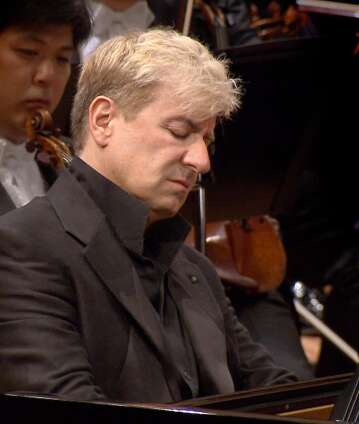Interview
Jean-Yves Thibaudet in conversation with Andreas Ottensamer Tugan Sokhiev et Jean-Yves Thibaudet

Si la musique française paraît souvent assez fragile, il existe aussi des contre-exemples frappants. Ainsi, la Symphonie en ré mineur de César Franck et Pelléas et Mélisande de Gabriel Fauré témoignent d’une volonté de forme quasi beethovénienne sans pour autant renoncer au goût français. Quant au finale du Concerto pour piano en sol majeur de Maurice Ravel, sa vigueur jazzy lorgne plutôt du côté de Gershwin. Tugan Sokhiev dirige ; le pianiste Jean-Yves Thibaudet est soliste du concerto.
Berliner Philharmoniker
Tugan Sokhiev
Jean-Yves Thibaudet
© 2016 Berlin Phil Media GmbH
Interviews liées au concert